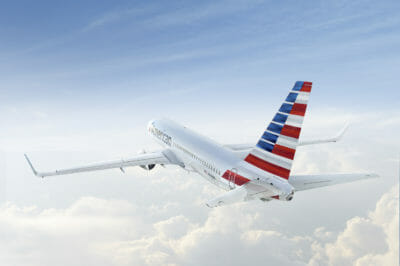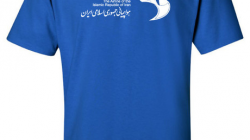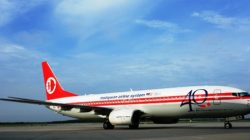This week I am in Vancouver, BC, after receiving an invitation to the Airline Information Mega Event. This is a combination of three conferences held simultaneously, covering Loyalty Programs, Ancillary Revenue, and Co-Branding.
Obviously the first and third are of greatest interest to me and probably many of you. Ancillary revenue sounds like a bad thing — I get elite status on purpose so I don’t have to pay for things like checked baggage — but sometimes it can be positive for the consumer. In-flight WiFi is an example, as are the millions of miles that airline sell to outfits like Points.com, Rocketmiles, and PointsHound.
The conference doesn’t really start until tomorrow. Today I attended a pre-conference symposium organized by Amadeus, SSI, and Travel Tech Consulting.
SSI’s talk was actually quite fascinating to me as someone who used to study the biology behind emotional behavior. Loyalty isn’t just about getting rewards as people sometimes have to compromise and do cheat on their preferred airline (the data presented were mostly about airline loyalty programs, but some slides demonstrated correlation with other loyalty programs).
One part I took issue with was a very early slide that discussed the distribution of people who belong to one or more loyalty programs (or none at all), and it was suggested that those who belong to several may be a lost cause if a company’s goal is to attract new customers or increase the business from existing customers. But there are some of us — particularly after recent devaluations — who have argued against maintaining loyalty and just going with whatever’s cheapest. These individuals might sign up for many programs but only to pick up points because they’re there, not because they are particularly loyal to that chain.
In any case, there were lots of interesting results from the study when participants were presented with various scenarios, with respondents categorized by their professed loyalty. How many people would cheat on a preferred carrier if it meant avoiding a connection and saving two hours of travel? About 60% of those most loyal to a carrier. (Though I would prefer more connections just for the miles!)
How many people would recommend their own preferred airline to a friend, when two options fit that friend’s schedule but a competing airline has a newer fleet and better service? Again, about 60% of those who consider themselves very loyal will push their own favorite. But I’ll play defense here and say that there can be good logic behind promoting a brand you know vs. one you’ve only heard is better.
I’m looking forward to more sessions tomorrow, including one about Hawaiian Airlines’ progress in creating a new co-branded credit card! If you want me to attend specific sessions, you can read the complete program here. I’ll see what I can do.
A special thanks to PointsHound for introducing me to the conference organizers. In the interest of full disclosure, my conference fee was waived in exchange for publicizing the event on my blog. But why not? I think it’s an interesting experience to spend time with the “opposing team” insofar as we often talk about gaming loyalty programs. I am receiving no other compensation, and I have paid for my own travel expenses.





